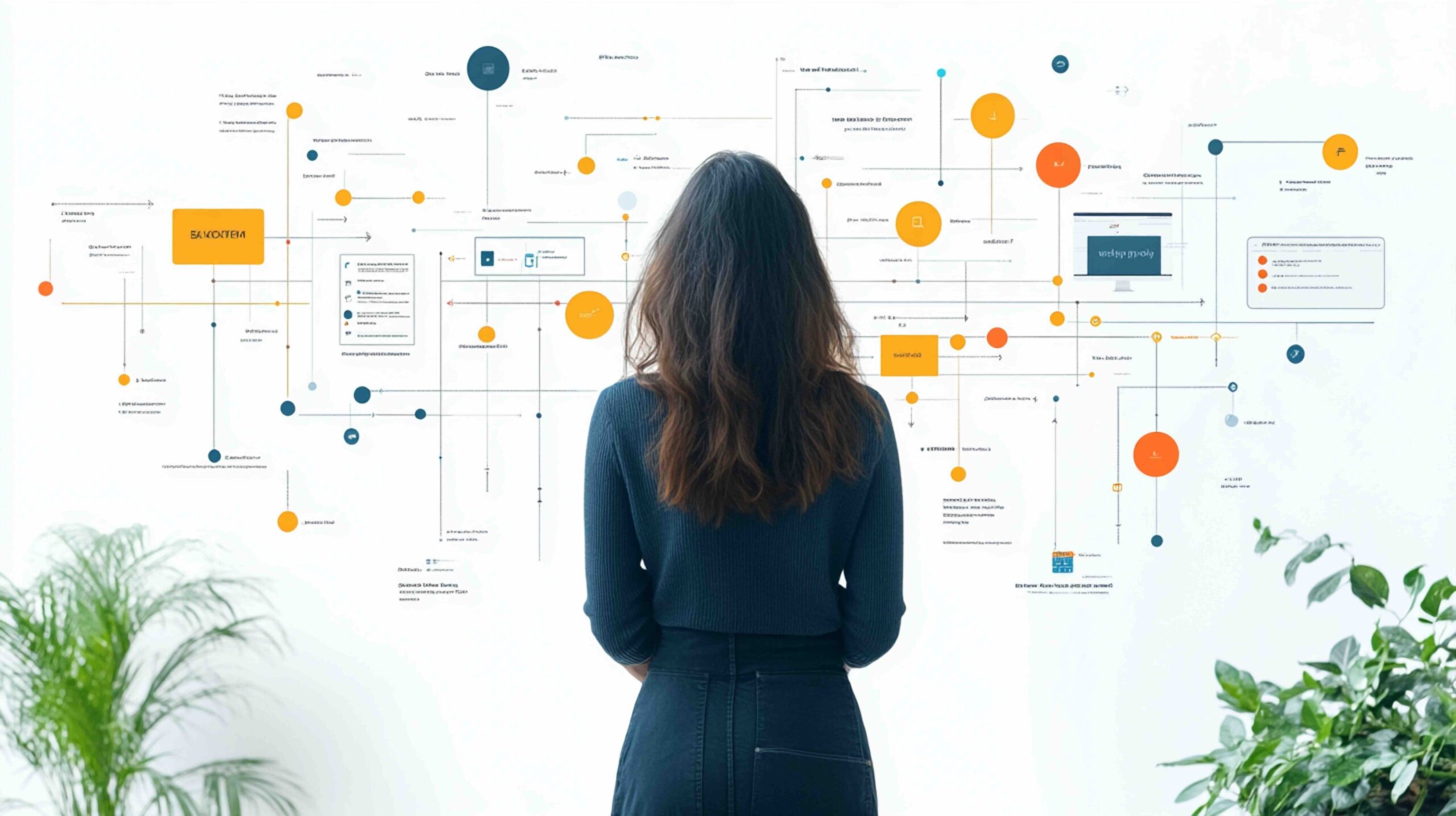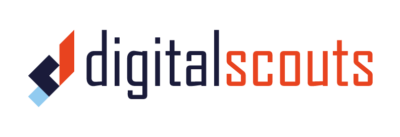AI in B2B Marketing: How to Use AI Agents and Generative Tools to Drive Scalable Growth in 2025
Artificial Intelligence (AI) is no longer a novelty or emerging trend—it’s a standard part of the modern B2B marketing toolkit. As of 2025, tools powered by AI and generative models are being used daily to personalize content, accelerate campaign execution, and enhance pipeline visibility. What’s changed is not the technology itself, but how strategically and effectively it’s being deployed. The real challenge for marketing teams now is knowing how to apply AI in ways that are practical, scalable, and aligned with business outcomes.
In this blog, we break down the latest innovations in AI—especially AI agents and generative tools—and how you can use them to build a more effective, data-driven marketing engine.
The Rise of AI Agents in B2B Marketing
AI agents are autonomous systems that can complete complex workflows without constant human input. Unlike chatbots or automation tools that follow pre-set logic, AI agents learn from context, adapt, and make decisions. In B2B marketing, this opens up powerful new use cases:
1. Autonomous Lead Qualification
AI agents like those from Regie.ai or Humata can qualify leads using multi-touch data, schedule meetings, and even personalize follow-up sequences—without needing manual setup.
2. Campaign Orchestration
Platforms like Bardeen and Zapier’s AI-driven automations allow marketers to design workflows that adapt in real time. AI agents manage campaigns across email, CRM, and paid ads based on live performance data.
3. Smart Research & Account Intelligence
AgentGPT and AutoGPT variants are being trained to do deep research on ICP accounts, pull firmographic and intent data, and synthesize it into usable briefs—saving marketers hours per week.
Generative AI in Content Creation: What Works in 2025
Generative AI (GenAI) tools have matured significantly. The key shift: content generation is no longer just about speed—it’s about relevance, voice, and performance.
1. AI-Powered Content Ideation
Tools like Writer, ContentBot, and HubSpot’s Content Assistant help teams identify trending topics, generate SEO-driven outlines, and optimize based on search intent and SERP gaps.
2. Long-Form Content Production
Large language models (LLMs) can now write first drafts of whitepapers, ebooks, and blogs based on custom prompts, brand tone, and persona inputs. Jasper and Claude by Anthropic excel at contextual, multi-thousand-word pieces.
3. Multichannel Content Variants
From a single blog draft, GenAI tools like Copy.ai or Anyword can instantly generate email promos, social copy, and PPC headlines—each tailored to channel and audience.
4. Content Performance Prediction
AI platforms such as MarketMuse or Surfer SEO don’t just recommend keywords—they predict how well content will perform before publishing, using historical engagement and competitive analysis.
AI for Predictive Analytics and Smarter Segmentation
AI-driven predictive models give marketing teams a competitive edge by making lead scoring, forecasting, and segmentation more accurate.
1. Predictive Lead Scoring
Platforms like 6sense, MadKudu, and HubSpot’s AI Scoring analyze behavioral, intent, and historical data to identify the leads most likely to convert. This shifts focus from quantity to conversion likelihood.
2. Propensity Modeling and Churn Forecasting
Predictive models help spot opportunities and risks early. Pecan.ai and Custify can forecast churn, upsell potential, and even suggest engagement tactics.
3. Dynamic ICP Refinement
Using machine learning, tools like People.ai and Clearbit can automatically refine your Ideal Customer Profile (ICP) by analyzing traits and engagement patterns of your top-converting accounts.
Optimizing B2B Advertising with AI
AI doesn’t just help you run ads—it helps you run better ads, faster.
1. Programmatic AI Buying
Tools like Metadata.io, AdEspresso, and Google Performance Max automatically test audiences, placements, and creative variants to find the highest-performing combinations.
2. Creative Testing and Optimization
AI platforms like Marpipe and VidMob can A/B test visual and copy variants at scale, then optimize based on engagement data.
3. Intelligent Budget Allocation
Budget recommendation engines analyze multi-channel performance and recommend how to reallocate spend dynamically for higher ROI.
Strategic Implementation: How to Get Started with AI in B2B
- Start with a clear goal: Whether it’s faster content creation, better lead scoring, or pipeline visibility—define what success looks like.
- Audit your data: AI needs high-quality data to deliver value. Clean, structured CRM and behavioral data is a must.
- Choose tools that integrate: Platforms like HubSpot, Salesforce, and Segment make it easier to connect AI tools across your stack.
- Upskill your team: AI doesn’t replace marketers—it makes them more effective. Train your team on prompt writing, data literacy, and ethical AI use.
- Test, optimize, and scale: Start small, measure impact, and expand what works across teams and channels.
Conclusion: AI is the Competitive Edge for B2B Marketing in 2025
AI is no longer a nice-to-have—it’s the foundation of scalable, intelligent B2B marketing. From autonomous agents and generative content to predictive analytics and smarter ads, the opportunity is massive—but success comes from strategic alignment.
With the right tools, data, and team readiness, you can unlock AI’s full potential and move faster, personalize better, and drive measurable revenue growth.
At Digitalscouts, we help B2B teams operationalize AI for real growth. From AI-assisted content engines and intelligent lead scoring to full RevOps integration—we combine strategy with execution. As a HubSpot Gold Partner, we specialize in building connected, automated, and performance-driven marketing systems.
Want to see what AI can do for your marketing?
Get in touch with Digitalscouts today. Let’s build your AI roadmap.


